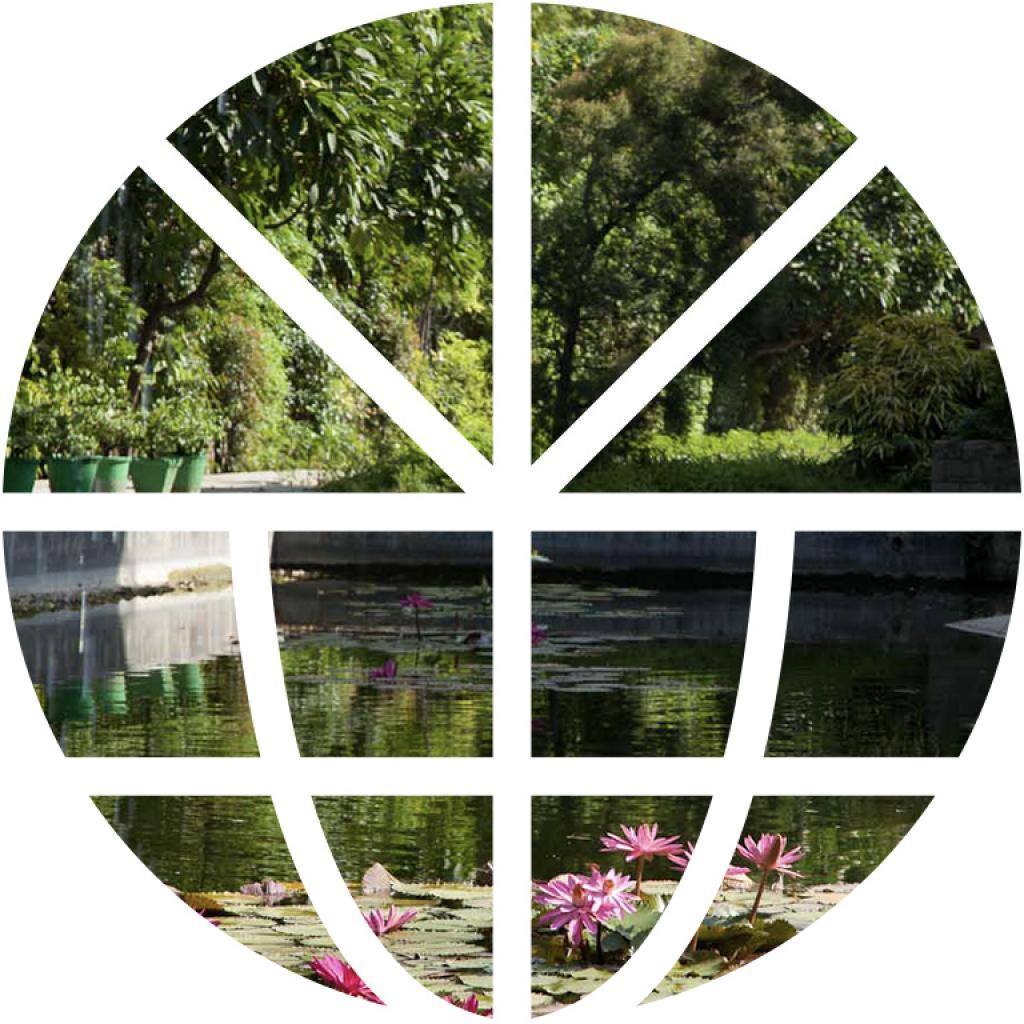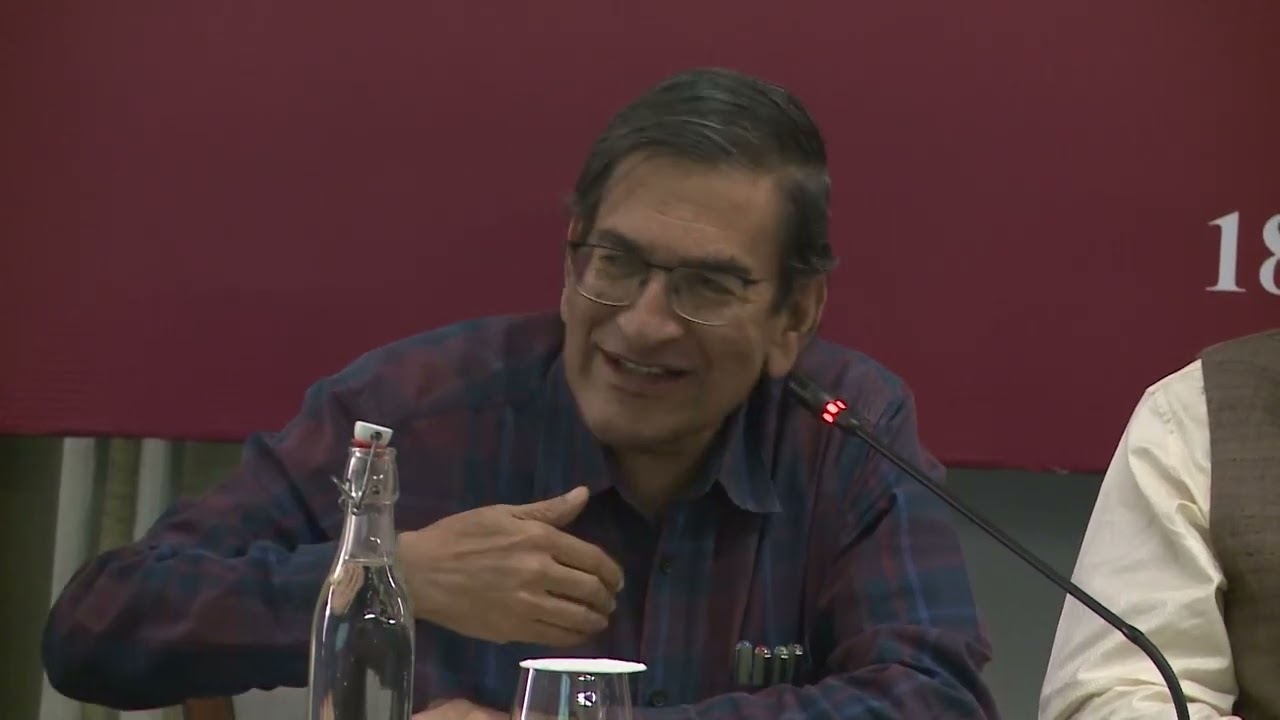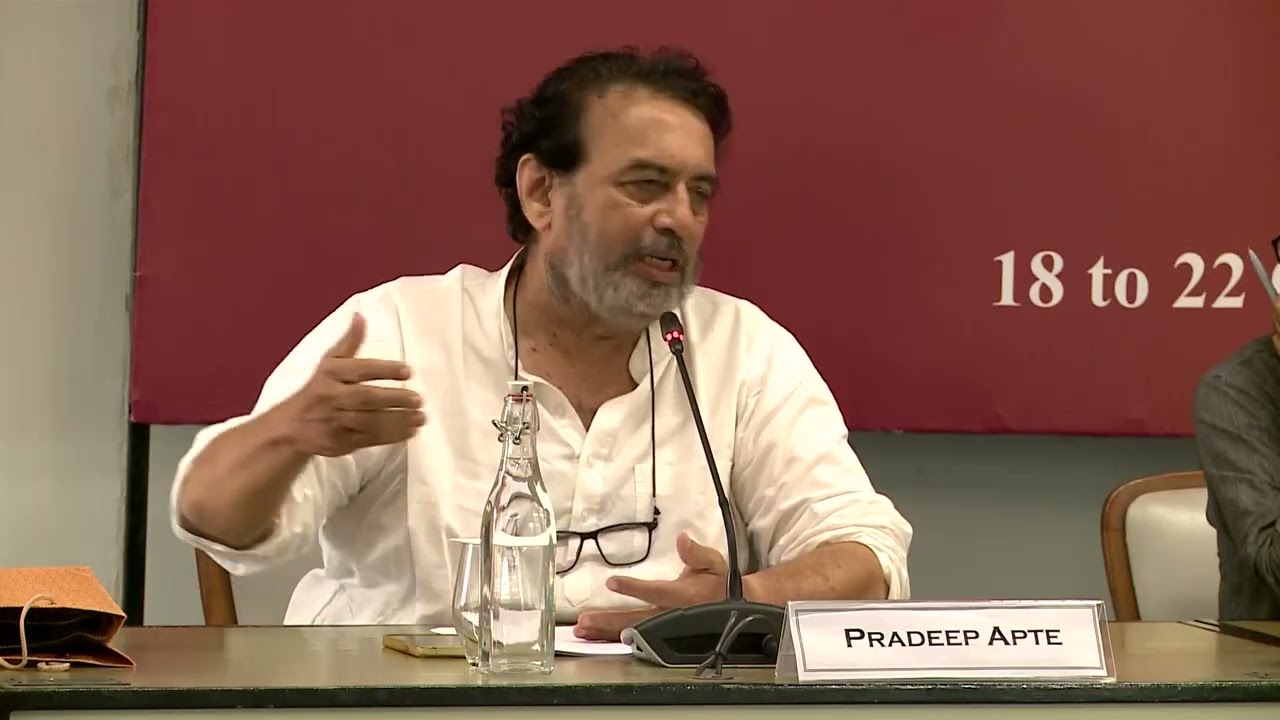THE IIC EXPERIENCE: A FESTIVAL OF THE ARTS 18 to 22 October 2024
FILM FESTIVAL: A CARNIVAL OF COMEDY FILMS
10:00 am
Golmaal (India)
(160 min; 1979; Hindi with English subtitles)
Director: Hrishikesh Mukherjee
1:30 pm
The Great Dictator (USA)
(128 min; 1940; b/w; English)
Writer & Director: Charles Chaplin
4:00 pm
To be or Not to be (USA)
(99 min; 1942; b/w; English)
Director: Ernst Lubitsch
8.30pm
Intimate Lighting (Intimní osvyetlení/Czechoslovakia)
(72 min; 1965; b/w; Czech with English subtitles)
Director: Ivan Passer
















